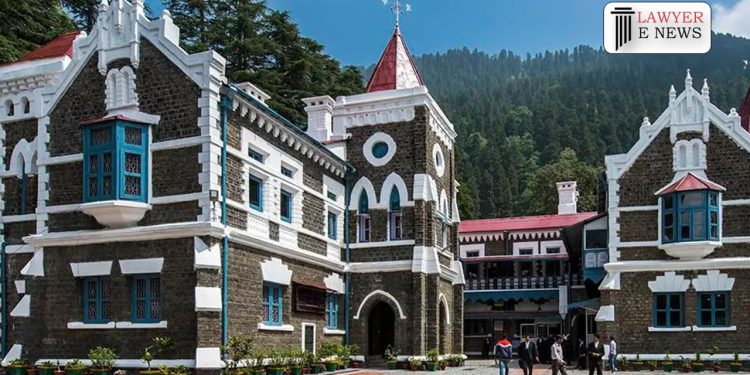-
by sayum
14 February 2026 2:22 PM



High Court Affirms Bail Condition Requiring 20% Fine Deposit in Cheque Bounce Case
The High Court of Uttarakhand at Nainital has dismissed a criminal revision challenging the bail condition imposed by the Additional Sessions Judge, which required the revisionist to deposit 20% of the fine amount within 60 days. The judgment, delivered by Justice Ravindra Maithani, emphasized the discretionary nature of Section 148 of the Negotiable Instruments Act, 1881, and upheld the lower court’s order as lawful and not mechanical.
The case involves Mohd. Anwaar, who was convicted under Section 138 of the Negotiable Instruments Act, 1881, for issuing a cheque that subsequently bounced. He was sentenced to one year of imprisonment and fined Rs. 18,40,000 by the Additional Chief Judicial Magistrate, Kotdwar. Anwaar appealed against the conviction and sought bail, which was granted by the Additional Sessions Judge on the condition that he deposit 20% of the fine amount.
Judicial Discretion Under Section 148: Justice Maithani highlighted the discretionary power granted to appellate courts under Section 148 of the Negotiable Instruments Act. “The word ‘may’ in Section 148 is generally to be construed as ‘shall’, except in exceptional cases where specific reasons are provided,” the court noted, referencing the Supreme Court’s interpretation in Surinder Singh Deswal v. Virender Gandhi and Jamboo Bhandari v. Madhya Pradesh State Industrial Development Corporation Limited and Others.
Evaluation of Bail Condition: The court found that the Additional Sessions Judge exercised judicial discretion appropriately. “The lower court did not act mechanically but considered the arguments and the law before imposing the deposit condition,” Justice Maithani remarked. The court noted that Anwaar had previously employed delaying tactics, which justified the imposition of the deposit condition.
Justice Maithani emphasized the necessity of upholding the lower court’s decision: “The principles of law, as laid down in relevant case laws, were duly considered. The imposition of the 20% deposit condition is neither arbitrary nor unjust.”
The Uttarakhand High Court’s decision underscores the importance of judicial discretion in applying Section 148 of the Negotiable Instruments Act. By affirming the lower court’s order, the judgment reinforces the legal framework designed to prevent delay tactics in cheque bounce cases and ensures that appellants meet their financial obligations as a condition of bail. This ruling is likely to influence similar cases, maintaining the balance between judicial discretion and the rights of the accused.
Date of Decision: 17th May 2024
Mohd. Anwaar vs. State of Uttarakhand and Another
